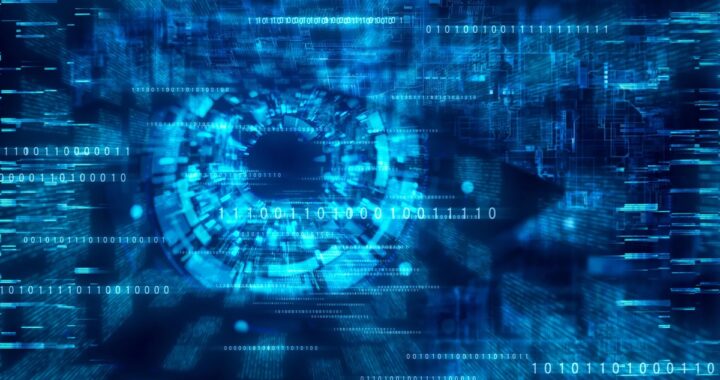We are about to see the greatest redistribution of power in history.
Over millennia, humanity has been shaped by successive waves of technology. The discovery of fire, the invention of the wheel, the harnessing of electricity—all were transformational moments for civilization. All were waves of technology that started small, with a few precarious experiments, but eventually they broke across the world. These waves followed a similar trajectory: breakthrough technologies were invented, delivered huge value, and so they proliferated, became more effective, cheaper, more widespread and were absorbed into the normal, ever-evolving fabric of human life.
We are now facing a new wave of technology, centered around AI but including synthetic biology, quantum computing, and abundant new sources of energy. In many respects it will repeat this pattern. Yet it will also depart from it in crucial ways only now becoming clear. Amidst all the hype, the hope, the fear, I think the fundamentals are getting lost; the unique characteristics of this wave are getting missed in the noise. Understanding them, seeing what, exactly, is changing, is critical to understanding the future.
AI is different from previous waves of technology because of how it unleashes new powers and transforms existing power. This is the most underappreciated aspect of the technological revolution now underway. While all waves of technology create altered power structures in their wake, none have seen the raw proliferation of power like the one on its way.
Think of it like this. Previous era’s most powerful technologies were generally reserved to a small capital rich elite or national governments. Building a steam powered factory, an aircraft carrier or a nuclear power plant were costly, difficult and immense endeavors. With the leading technologies of our time, that’s no longer going to be true.
If the last great tech wave—computers and the internet—was about broadcasting information, this new wave is all about doing. We are facing a step change in what’s possible for individual people to do, and at a previously unthinkable pace. AI is becoming more powerful and radically cheaper by the month—what was computationally impossible, or would cost tens of millions of dollars a few years ago, is now widespread.
These AIs will organize a retirement party and manage your diary, they will develop and execute business strategies, whilst designing new drugs to fight cancer. They will plan and run hospitals or invasions just as much as they will answer your email. Building an airline or instead grounding the entire fleet each becomes more achievable. Whether it’s commercial, religious, cultural, or military, democratic or authoritarian, every possible motivation you can think of can be dramatically enhanced by having cheaper power at your fingertips. These tools will be available to everyone, billionaires and street hustlers, kids in India and pensioners in Beverly Hills, a proliferation of not just technology but capability itself.
